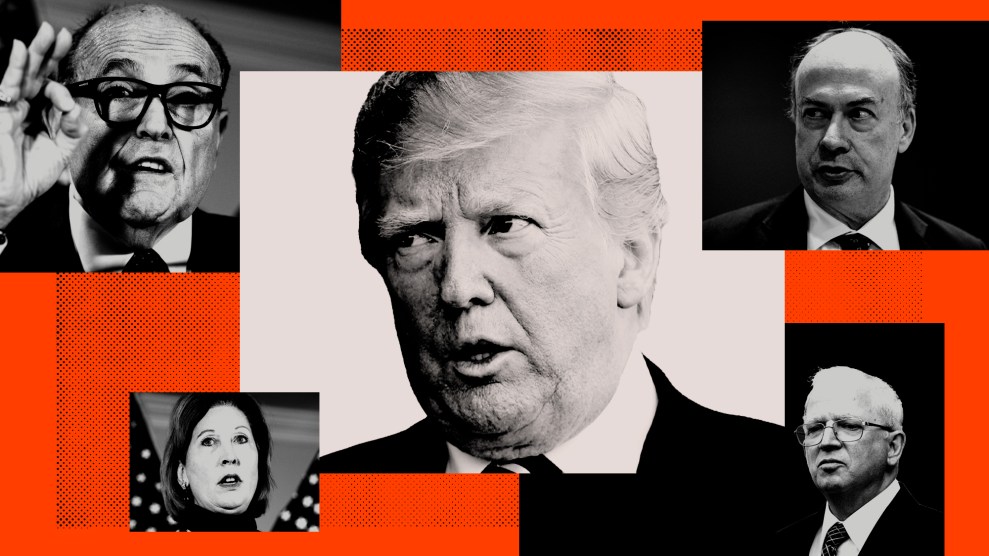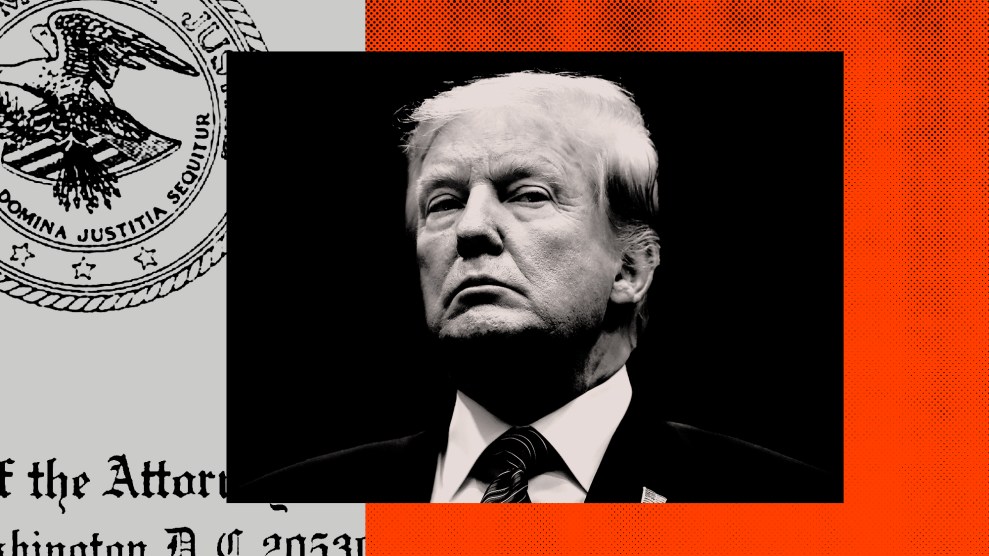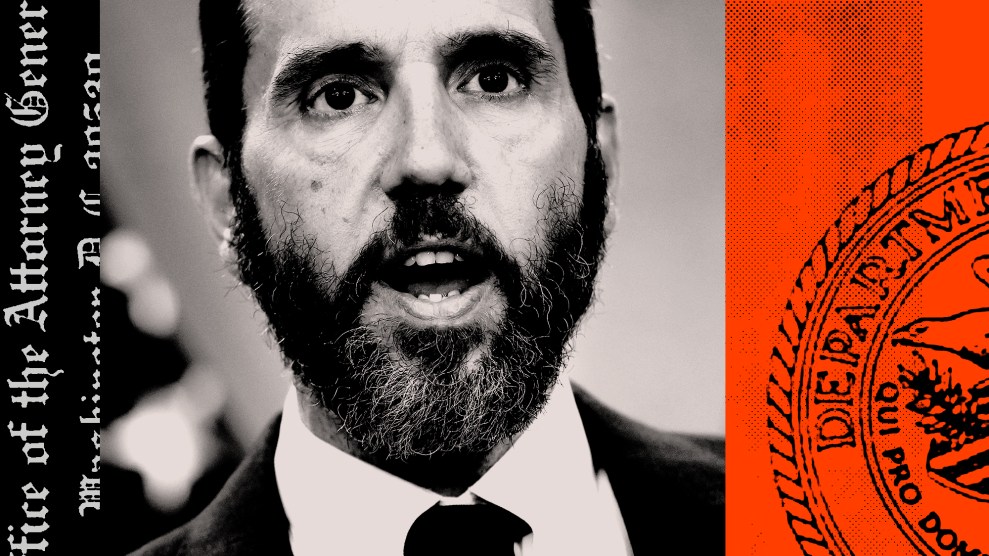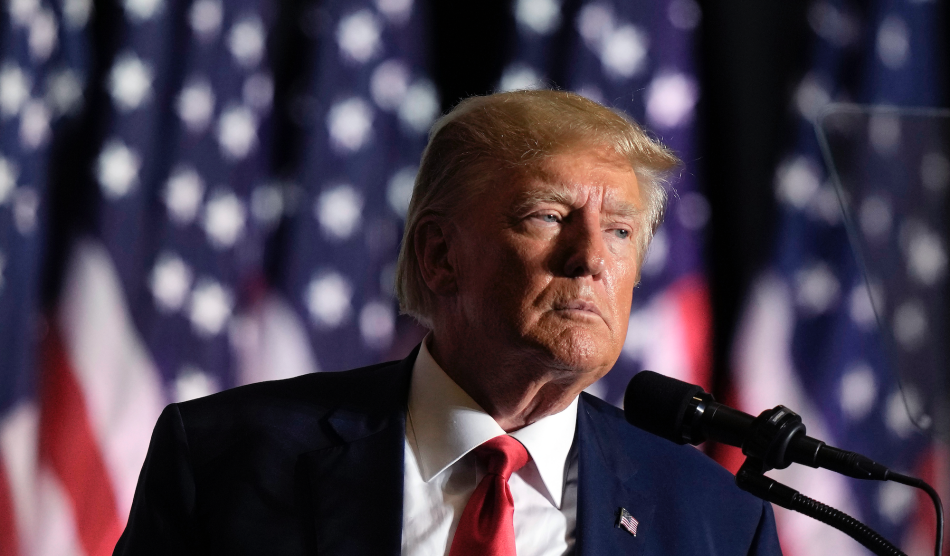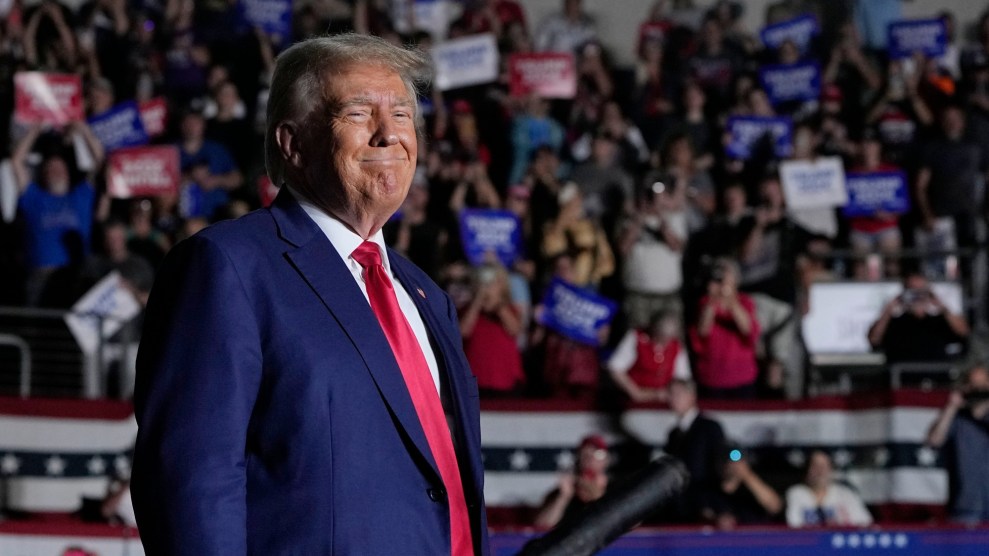
Sue Ogrocki/ AP
On Tuesday, the credit agency Fitch Ratings downgraded its debt rating for the United States from the highest AAA rating to AA+.
The demotion, as some economists including Paul Krugman have argued, is strange and ultimately a bit meaningless. But the apparent reasons behind the decision are worth reviewing. Here’s Richard Francis, Fitch’s senior director, telling Reuters:
“It was something that we highlighted because it just is a reflection of the deterioration in governance, it’s one of many,” he said.
“You have the debt ceiling, you have Jan. 6. Clearly, if you look at polarization with both parties … the Democrats have gone further left and Republicans further right, so the middle is kind of falling apart basically,” Francis said, adding “we don’t fault one party or the other for the fiscal situation.”
Francis may believe he sounds fair, even smart with that analysis. But lumping debt ceiling negotiations—in which Biden successfully averted a government default—with a violent attack on the US Capitol as examples of politicization feels unserious, an entry into the absurd whataboutism of these times. Economists and White House officials have since responded with disappointment.
“Arbitrary and based on outdated data.” is how US Treasury Secretary Janet Yellen put it. White House Press Secretary Karine Jean-Pierre said that the move “defies reality,” claiming in a statement that President Joe Biden has delivered “the strongest recovery of any major economy in the world.”
“It’s clear that extremism by Republican officials—from cheerleading default, to undermining governance and democracy, to seeking to extend deficit-busting tax giveaways for the wealthy and corporations—is a continued threat to our economy,” she added.
On the same day that Fitch downgraded its US rating, Donald Trump was handed his third indictment of the year for his starring role on January 6.



